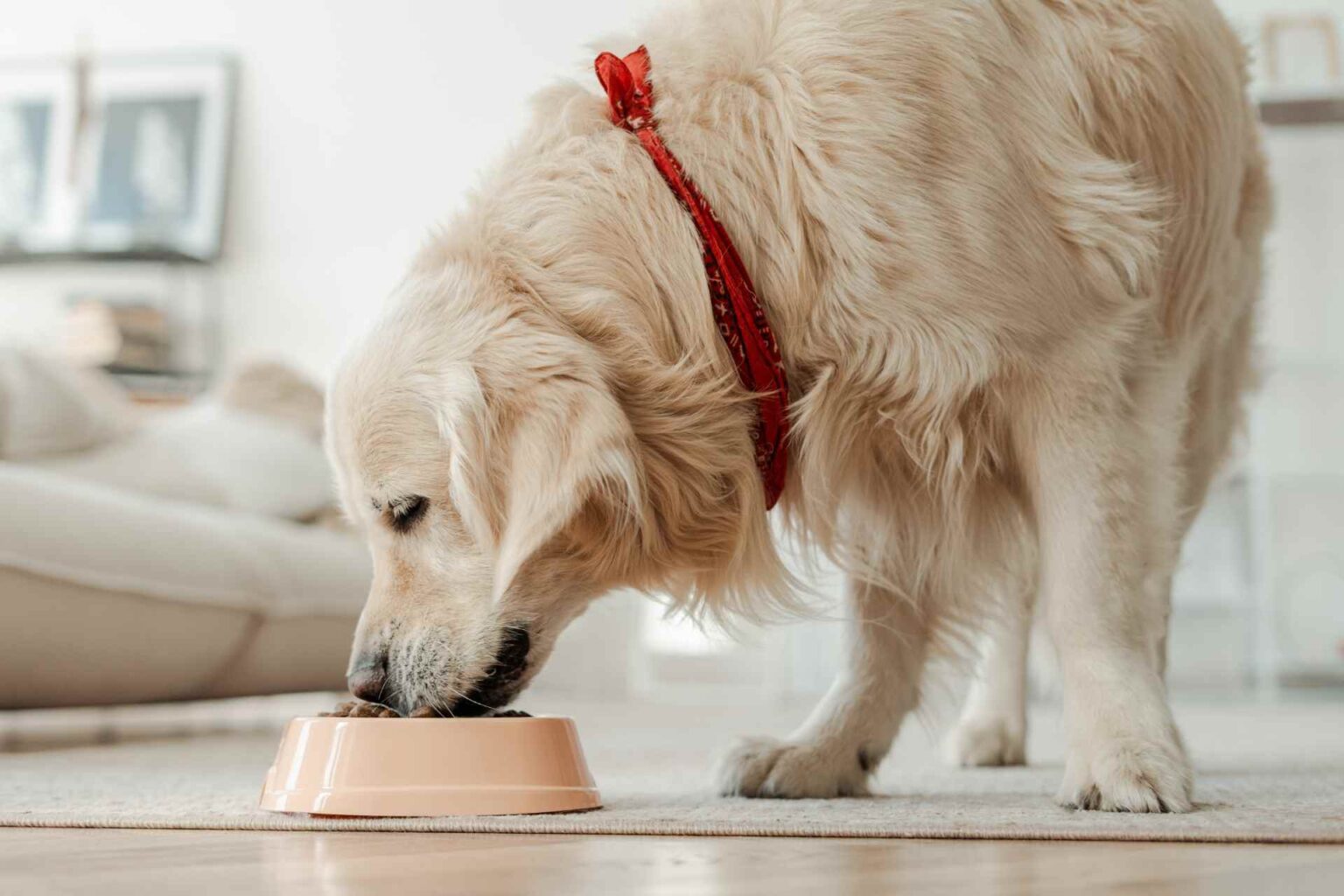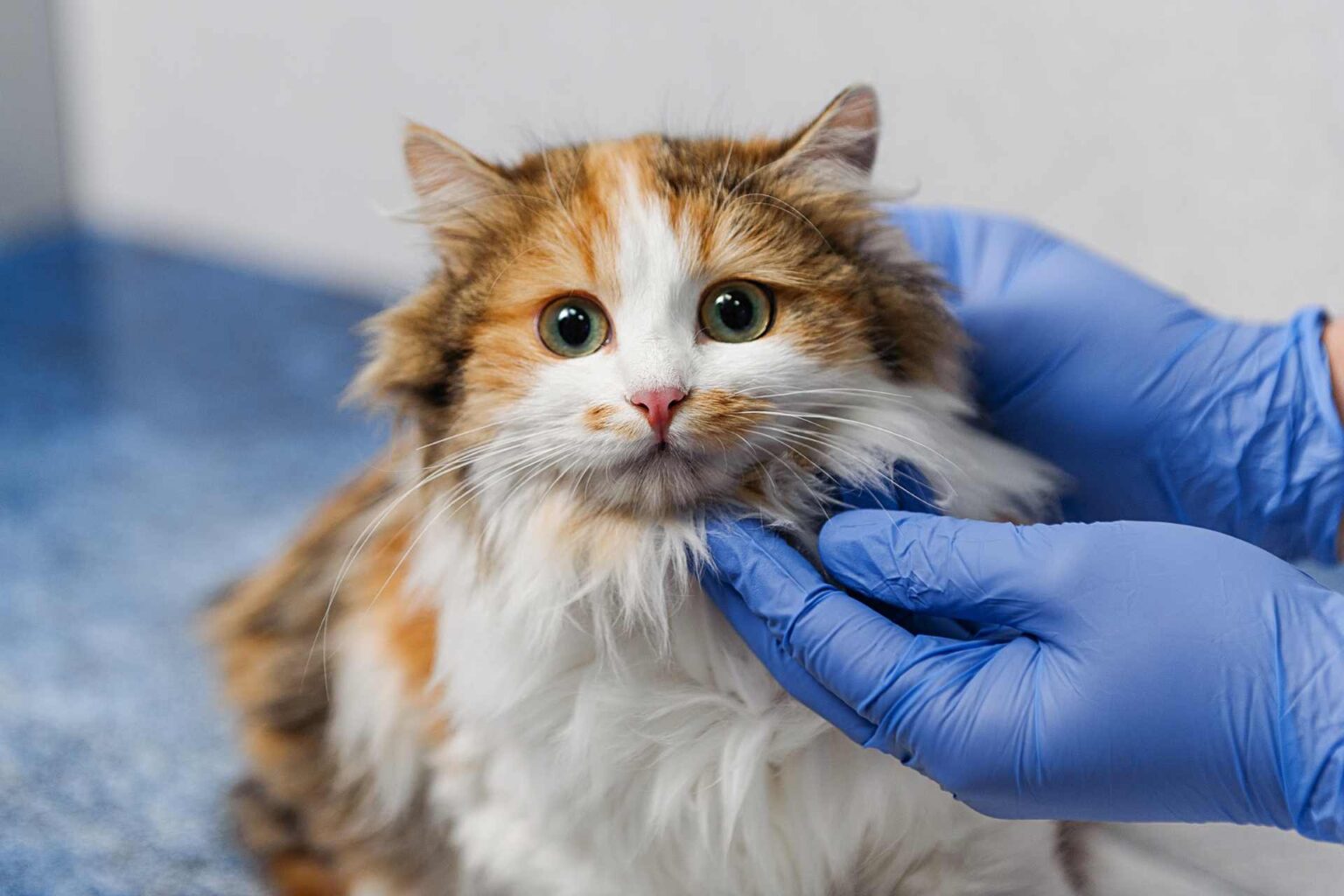A recent study published in Animal Bioscience has shown that the combination of calcium butyrate and tannin extract can result in a decrease in the incidence of diarrhea and inflammatory process in the duodenum of piglets, without compromising their growth.
Properties of calcium butyrate and tannin extract
During the weaning period, pigs are subjected to a large number of factors that can undermine their health, especially at the intestinal level. The addition to the diet of antimicrobials, the use of which in Europe has been banned since 2006, was aimed at ensuring the gut health of animals, proper maintenance of the immune system and, consequently, enhancing production performance.
In recent years, scientific research has, therefore, tried to find alternative additives that could replace the use of antimicrobials.
Two additives showed particular promise:
- butyrate: salt of a short-chain fatty acid produced in the colon by the gastrointestinal microbiota. This molecule has antimicrobial properties, is able to stimulate cell proliferation at the epithelium level, acts as an anti-inflammatory, and supports intestinal motility;
- tannin extract: has various interesting characteristics, including, antimicrobial, anthelmintic properties, antioxidant and anti-inflammatory power.
The results of the study
The study was conducted on 72 piglets weaned all around the 28th day of life.
Animals were randomized to receive 3 different treatments: represented by basal diet + 40 mg/kg colistin sulfate (PC group); basal diet + calcium butyrate + tannin extract (BT group); basal diet without additives (NC group).
Reduction of diarrhea
The diet based on the combination of calcium butyrate and tannin extract( BTgroup ) resulted in a statistically significant reduction in the incidence of diarrhea in piglets compared with the other diets, during the periods from day 1 to day 14 and day 1 to day 35.
Some authors have already shown how butyrate has an antidiarrheal effect and tannin extract a high anti-inflammatory and antimicrobial potential against pathogens such as Escherichia coli and Salmonella spp. preventing the occurrence of enteritis or intestinal disorders. Therefore, piglets may have benefited from the combined mechanisms of action of calcium butyrate and tannin extract, which together may have acted on pathogens in the intestinal lumen.
Intestinal morphology
At day 14 of the study, piglets that had received the BT diet showed less crypt depth in the duodenum than animals in the NC group.
This result could indicate less tissue damage, which would be related to a lower inflammatory process due to the combination of the two additives.
Immunohistochemistry
Regarding inflammatory processes at the duodenal level, piglets that had received the BT diet showed reduced expression of the inflammatory factors COX-2 andTNF-α at day 14 and day 35 of the study, respectively. Reducing the inflammatory state is an important condition, as it is related to the overall health of the animal and the two conditions mentioned above: diarrhea and intestinal morphology.
So, the authors argue that the use of these additives could be a viable and promising alternative for maintaining intestinal health in the weaning phase of piglets, efficiently replacing antimicrobials.
Reference
Maito CD, Melo ADB, Oliveira ACDF, Genova JL, Filho JRE, Macedo REF, Monteiro KM, Weber SH, Koppenol A, Costa LB. Simultaneous feeding of calcium butyrate and tannin extract decreased the incidence of diarrhea and proinflammatory markers in weaned piglets. Anim Biosci. 2022 Jan;35(1):87-95. https://doi.org/10.5713/ab.21.0011













